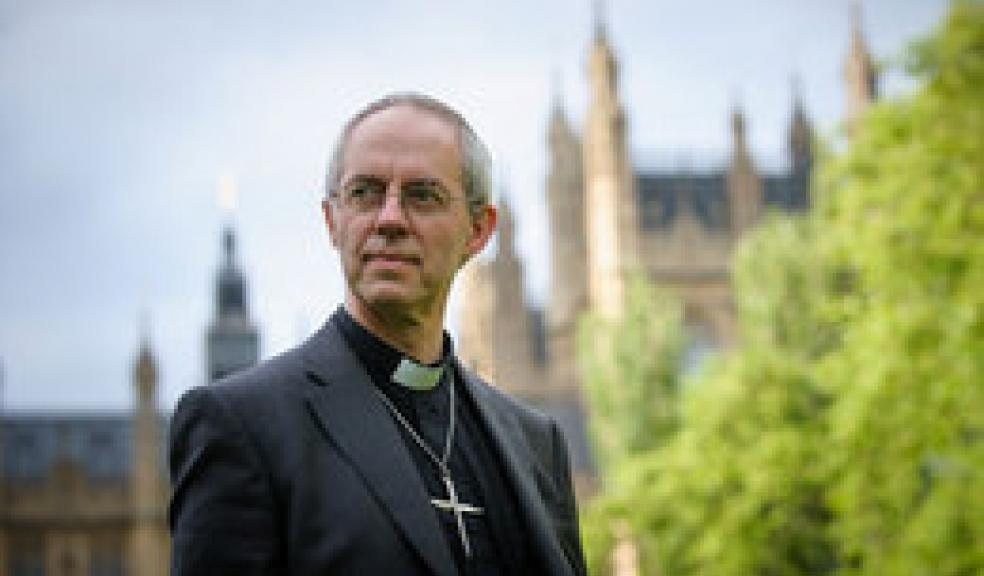
Plymouth City Council invites Archbishop of Canterbury to see its work on payday lenders
Plymouth City Council is backing the Archbishop of Canterbury’s campaign against payday loan companies.
The Archbishop hit the headlines this week for saying that he wanted the Church of England to force companies such as Wonga out of business by helping credit unions to compete with them.
The Most Reverend Justin Welby, himself a former businessman, said he had had "a very good conversation" with Errol Damelin, chief executive of Wonga in which he had delivered his message.
Plymouth's cabinet member for Co-operatives and Community Development Councillor Chris Penberthy has written to the Most Reverend Justin Welby and invited him to the city to see the work that is being done here with credit unions and banning payday lender advertising.
Cllr Penberthy said: “As a co-operative Council, we have adopted a set of values which underpins all we do, including fairness. We completely agree with Archbishop Welby’s stance and support him in his action, taking on the lenders. We also agree with his view that credit unions can offer an ethical alternative to high cost lending and we are working with our partners to boost their presence in the city.
“We are looking to invest approximately £25,000 to refurbish a shop and open a new, full time credit union outlet in partnership with the City of Plymouth Credit Union. It will be right in the city centre so people can get there easily and use this viable alternative.”
In Plymouth, there are approximately 16,000 people using doorstep lenders, 5,000 using payday loans but only 1,500 with an active credit union account. The payday loan companies charge sky high interest rates, often in the region of 5000% APR. Unless loans are repaid straight away the debt quickly spirals.
Cllr Penberthy added: “Advice agencies in the city are taking calls daily from people who are running up huge debts. We need to protect our residents. This week we have become the first council in the country to ban the advertising of payday loan websites on city centre hoardings and have blocked access to these websites across our computer network. This decisive action has received support from across the country and national, as well as local, media coverage.
“Clearly the backlash against these payday loan companies is gathering pace and now has a very high profile figurehead. We hope Archbishop Welby will come to Plymouth so we can share our ideas and unite in our efforts to put an end to the misery the industry is causing.”
The Archbishop admitted to being "irritated" and "embarrassed" when it was disclosed that the Church of England had indirectly invested in Wonga. He told the BBC Radio 4's today programme: "It shouldn't happen, it's very embarrassing, but these things do happen and we have to find out why and make sure it doesn't happen again."
Lambeth Palace has said it will launch an independent enquiry into how the investment described as a "serious inconsistency" and believed to be in the region of £75,000, occurred.
Wonga is one of many online finance companies offering short term loans to customers. Controversy has grown around the industry with criticism over interest rate levels and the alleged vulnerability of some of its customers.
Wonga said in March that it welcomed any attempt to encourage responsible lending and that it had been "instrumental" in helping to raise industry standards.
Mr Damelin said: "The Archbishop is clearly an exceptional individual and someone who understands the power of innovation.
"There is mutual respect, some differing opinions and a meeting of minds on many big issues.
"On the competition point, we always welcome fresh approaches that give people a fuller set of alternatives to solve their financial challenges. I'm all for better consumer choice."













